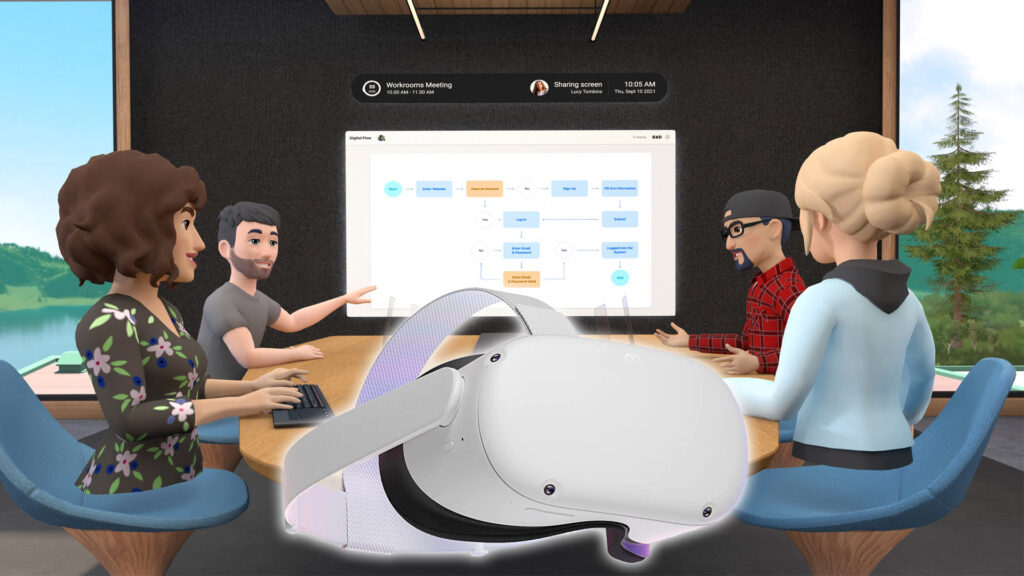
The metaverse, a term once relegated to science fiction, is rapidly becoming a topic of serious discussion in business and technology circles. Visions of seamless remote collaboration and immersive virtual workspaces are painting a picture of a future where physical location becomes irrelevant. But is the metaverse truly ready for primetime, specifically when it comes to replacing the traditional office environment?
Study: Today’s Metaverse Still Not Suited for Remote Work

A recent study suggests that while the potential is undeniably there, today’s iteration of the metaverse falls short of providing a truly viable alternative for remote work. Several key challenges hinder its widespread adoption and effectiveness. Performance limitations, particularly concerning the responsiveness and fluidity of virtual environments, can lead to user frustration and reduced productivity. Imagine trying to conduct a brainstorming session in a virtual room where your avatar is constantly lagging or your colleagues’ voices are distorted. This kind of experience is far from conducive to efficient collaboration.
Beyond technical limitations, the study highlights the importance of user experience and accessibility. Navigating virtual worlds and interacting with digital interfaces can be challenging, especially for individuals unfamiliar with gaming or virtual reality technologies. A steep learning curve can create a barrier to entry, preventing widespread adoption across diverse workforces. Moreover, the lack of standardized protocols and interoperability between different metaverse platforms presents a significant obstacle. If employees are required to switch between multiple virtual environments for different tasks, the overall experience becomes fragmented and inefficient.
Another crucial factor is the social and psychological aspect of remote work in the metaverse. While virtual interactions can offer a sense of connection, they may not fully replicate the nuanced dynamics and spontaneous exchanges that occur in a physical office. Building rapport, fostering team cohesion, and addressing conflicts can be more challenging in a virtual setting, potentially impacting employee morale and overall team performance. The absence of non-verbal cues, such as body language and facial expressions, can lead to misinterpretations and communication breakdowns.
Metaverse and the Future of Coworking
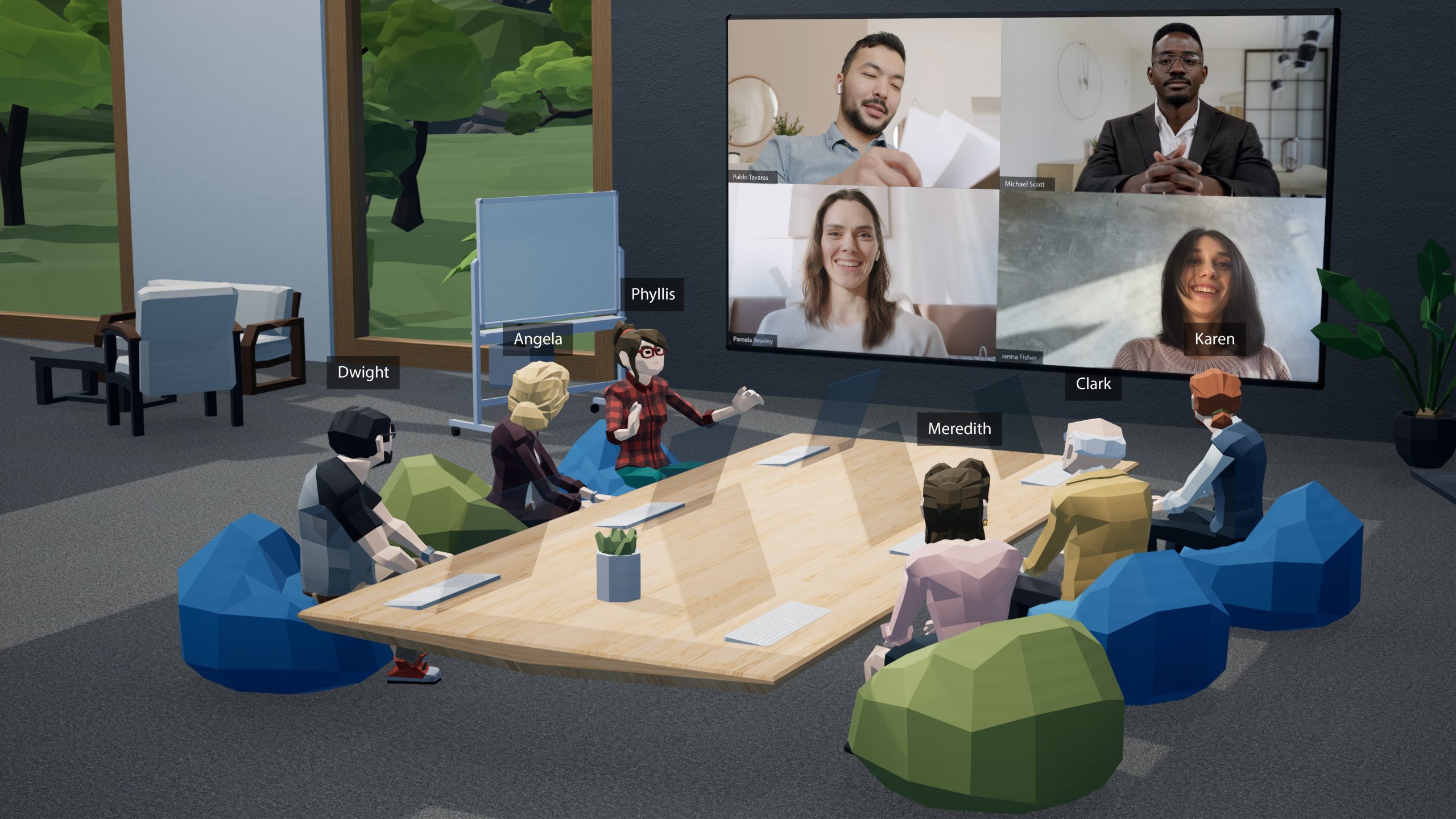
Despite these challenges, the metaverse holds immense promise for the future of work, particularly in the context of coworking. Envision a virtual coworking space where professionals from diverse backgrounds and locations can come together to collaborate, network, and share ideas. The metaverse could provide a platform for creating immersive and engaging virtual environments that foster a sense of community and belonging.
Consider the possibilities: virtual whiteboards for collaborative brainstorming, interactive simulations for training and development, and virtual events for networking and knowledge sharing. The metaverse could also facilitate access to resources and opportunities that are traditionally limited by geographical boundaries. For example, freelancers and entrepreneurs could connect with clients and collaborators from around the world, expanding their reach and potential for growth. Furthermore, the metaverse could offer a more equitable and inclusive work environment, where individuals can participate regardless of their physical abilities or geographical location.
However, realizing this vision requires addressing the challenges outlined earlier. Developers need to focus on improving performance, enhancing user experience, and ensuring interoperability between different platforms. Organizations need to invest in training and support to help employees navigate the metaverse and maximize its potential. And researchers need to explore the social and psychological implications of working in virtual environments to create a more human-centered and engaging experience. The metaverse may not be ready to fully replace the traditional office just yet, but it is undoubtedly a transformative technology that has the potential to revolutionize the way we work, collaborate, and connect in the years to come.
If you are searching about Working in the Metaverse is going to suck, researchers confirm | PCWorld you’ve came to the right place. We have 10 Pictures about Working in the Metaverse is going to suck, researchers confirm | PCWorld like Working in the Metaverse, Working in the Metaverse is going to suck, researchers confirm | PCWorld and also Study: Today's Metaverse Still Not Suited for Remote Work – Metaverse. Read more:
Working In The Metaverse Is Going To Suck, Researchers Confirm | PCWorld
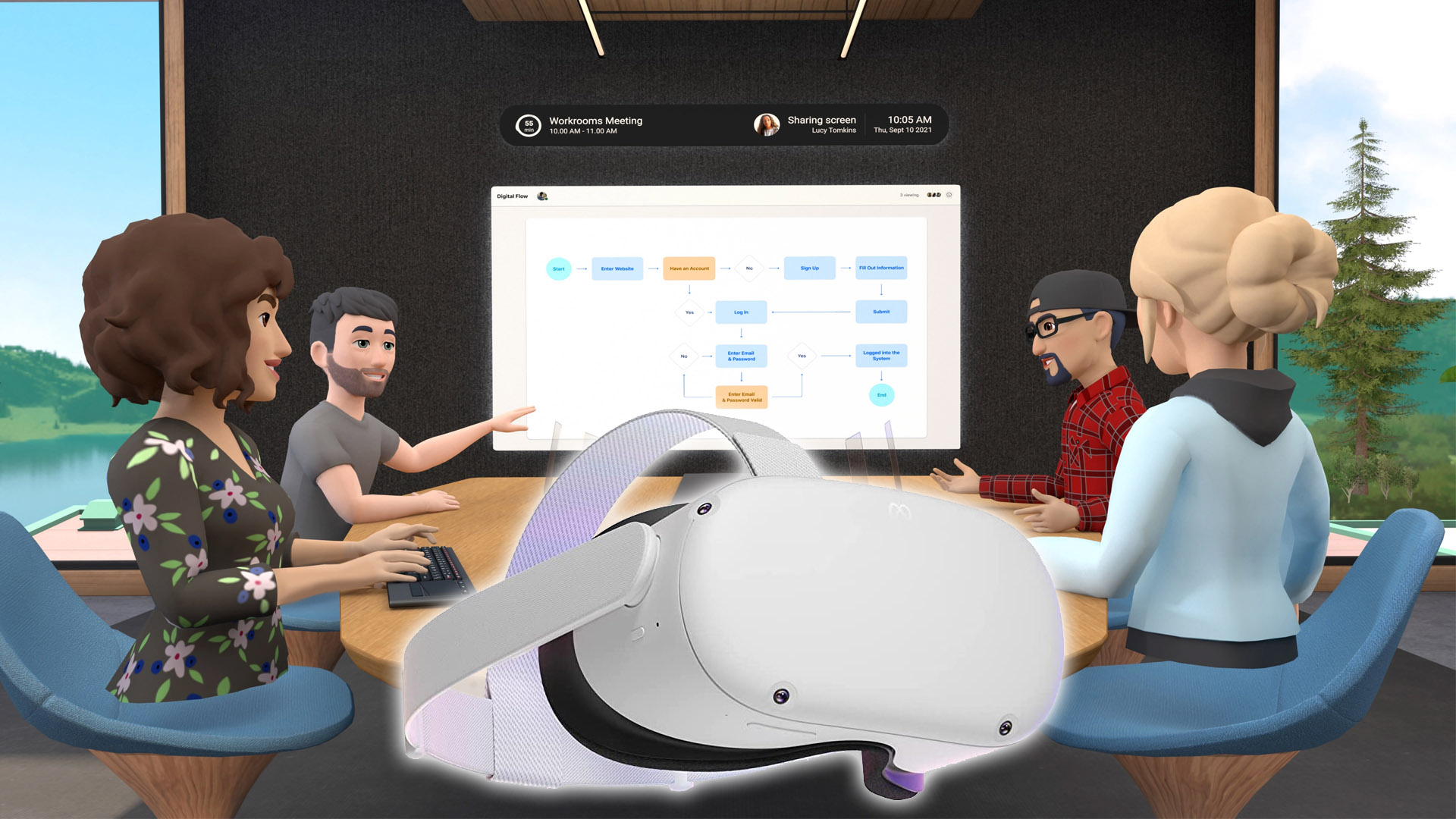
www.pcworld.com
Study: Today's Metaverse Still Not Suited For Remote Work – Metaverse

news.bitcoin.com
Working In The Metaverse Is Going To Suck, Researchers Confirm | PCWorld
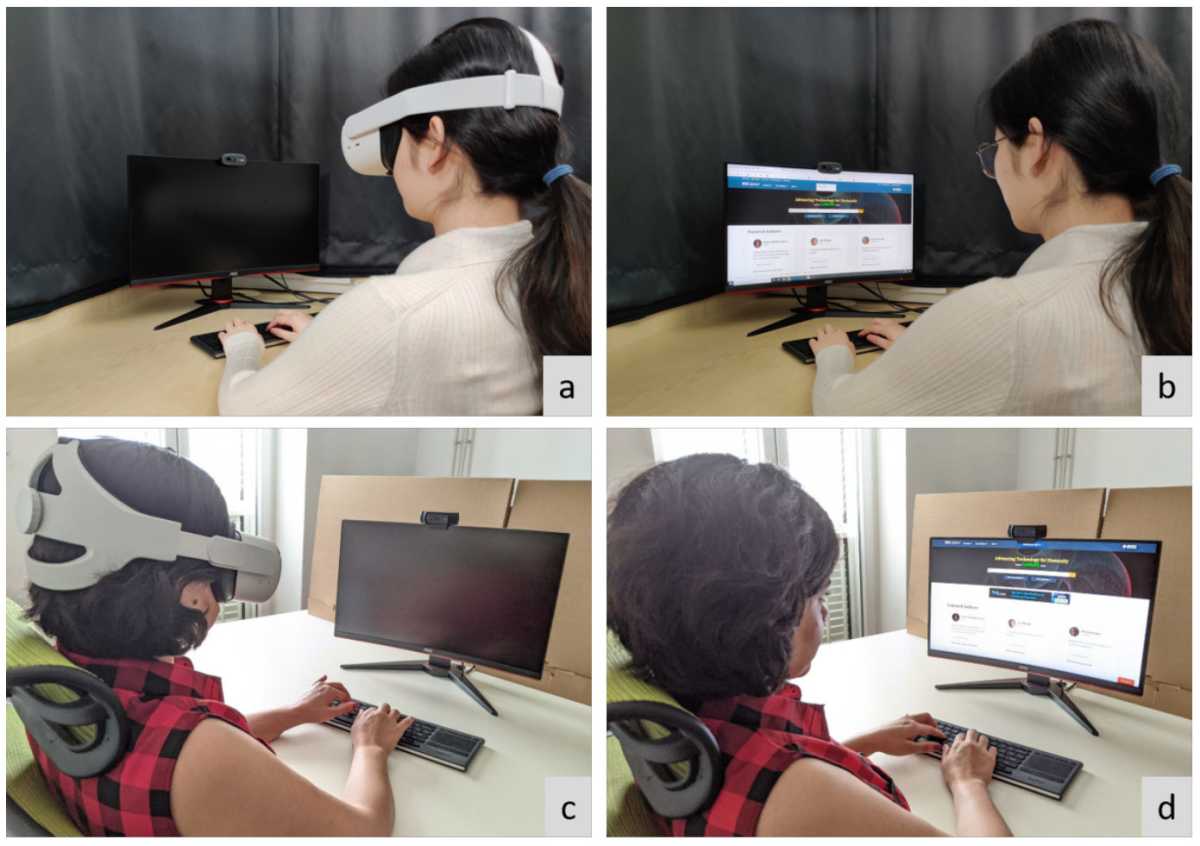
www.pcworld.com
Work In The Metaverse – YouTube

www.youtube.com
Will The Metaverse Be Your New Workplace?

ismguide.com
Do You Want To Work In The Metaverse? #1 – YouTube

www.youtube.com
Working In The Metaverse
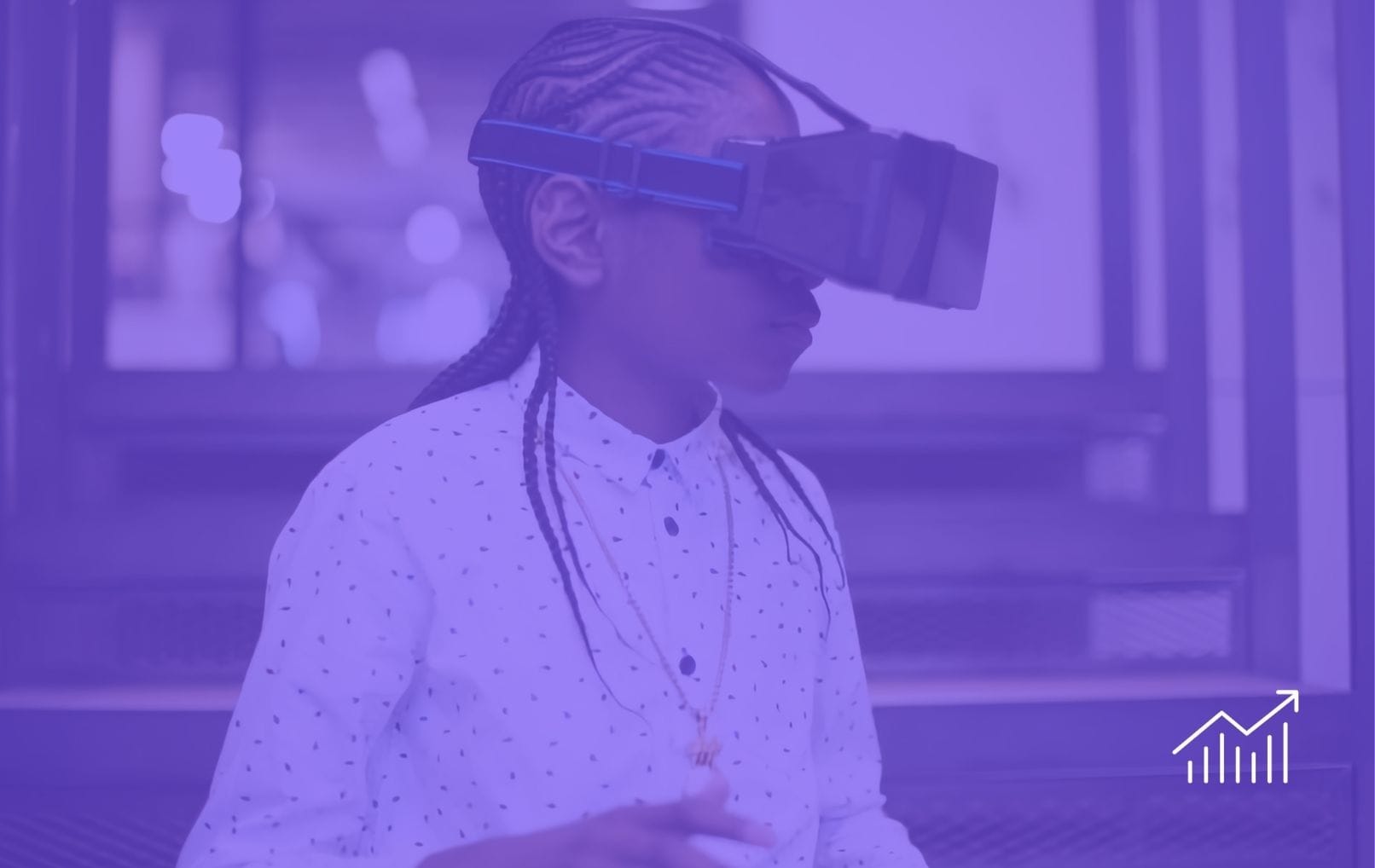
www.consumertribes.com
Global HR & Payroll Terms Explained | HROne Glossary

hrone.com
How To Work In The Metaverse
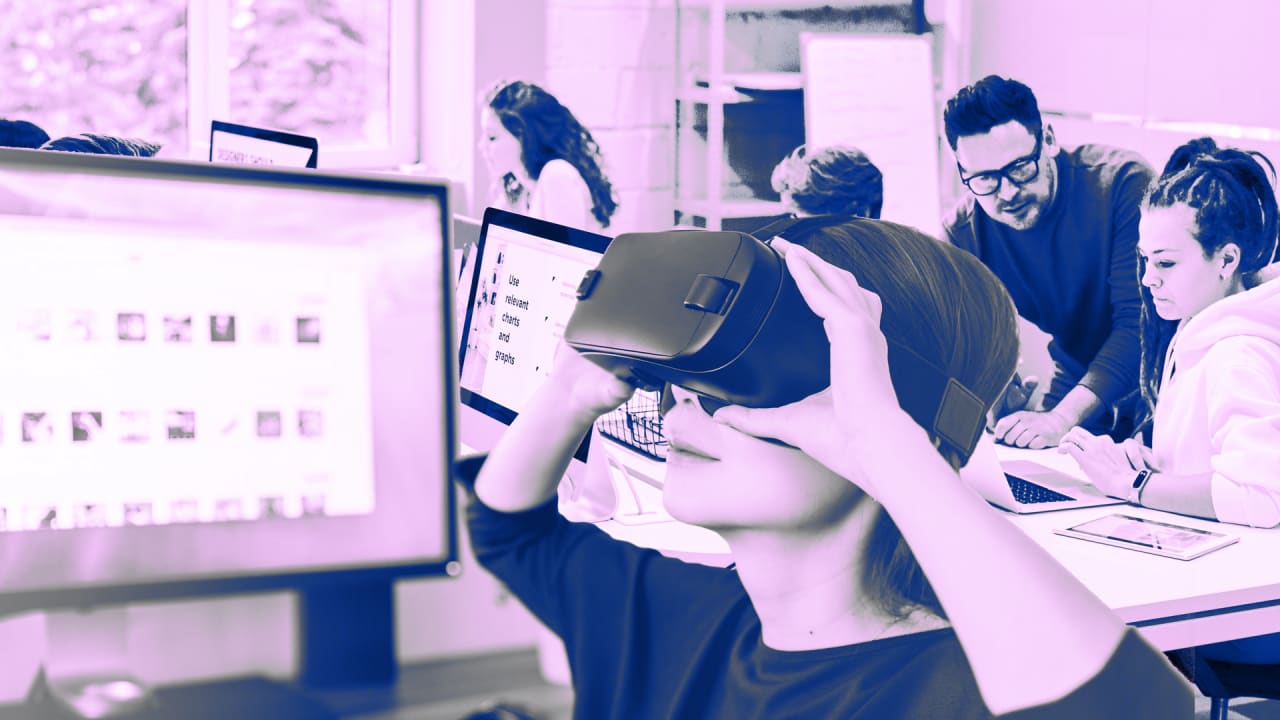
www.fastcompany.com
Metaverse-min – Coworker Mag

www.coworker.com
Working in the metaverse. How to work in the metaverse. Working in the metaverse is going to suck, researchers confirm


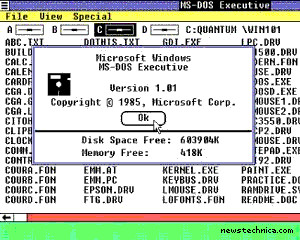

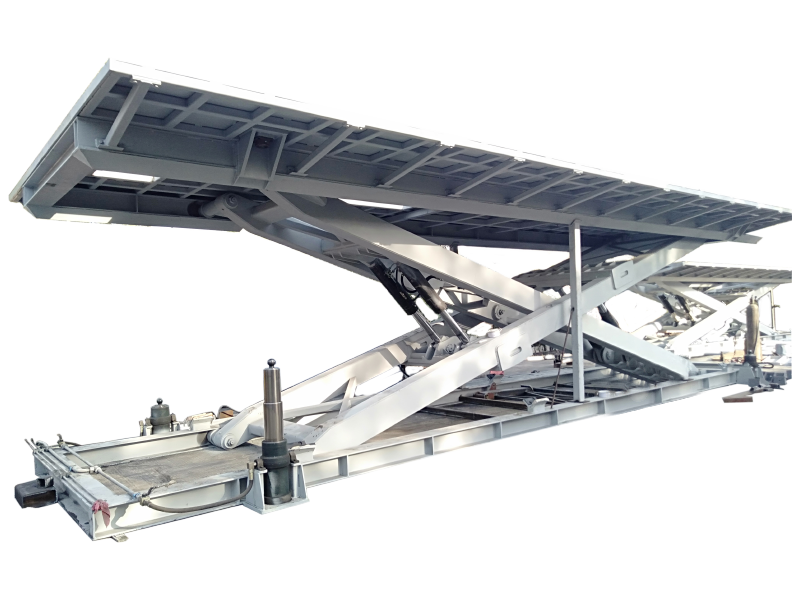


:max_bytes(150000):strip_icc()/008_how-to-factory-reset-a-lenovo-laptop-5115817-a67348722ce94f9783881ea29e596310.jpg)